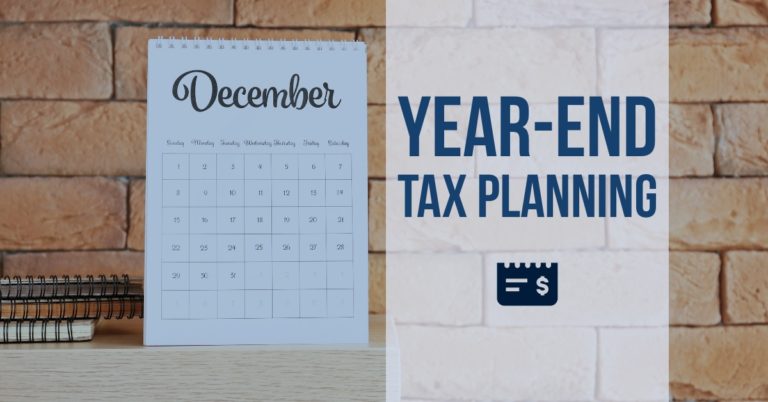Summer is a popular season for families to sell their home and move. The IRS recently issued important reminders for people selling a home and provide guidance on things you should think about when it comes to taxes.
Excluding Gain from Home Sale
Did you know that taxpayers who are selling their primary home may qualify to exclude all or part of any gain from the sale from their income when filing their tax return? This is called the principal residence exclusion.
To qualify for this exclusion, the taxpayer must meet ownership and use tests.
- Ownership test: The homeowner must have owned the home for at least two years of the five-year period ending on the date of the sale.
- Use test:The homeowner must have used the home as their main residence for at least two years of the five-year period ending on the date of the sale.
Limits on Home Sale Gains
The principal residence exclusion is limited to $250,000 ($500,000 for joint filers). Also, taxpayers may only claim the exclusion once during a two-year period.
In certain circumstances, taxpayers who fail the two-out-of-five-year ownership and use tests may still be eligible to claim a partial primary residence exclusion if their main reason for the home sale was a change in workplace location, a health issue, or another unforeseeable event.
Homeowners who can exclude all their gain on a home sale do not need to report the sale on their tax return unless a Form 1099-S (Proceeds from Real Estate Transactions) was issued to them.
Losses from Selling Your Home
Taxpayers who sell their home at a loss (selling the home for less than its adjusted basis) can’t deduct the loss.
IRS-provided worksheets can help taxpayers calculate the adjusted basis of the home they sold, the gain or loss on the sale, and the amount of gain on the sale that can be excluded from income.
Can Taxpayers with Multiple Homes Qualify for the Exclusion?
Taxpayers with multiple homes can exclude gain only from the sale of their principal residence. They can’t exclude any gain from the sale of any other home.
Taxpayers with multiple homes can sell their main home, move to an already owned second home, such as a vacation home, and turn that second home into their principal residence. Once they satisfy the ownership and use tests for the second home, the taxpayer can exclude gain on the sale of this second residence.
Reporting Your Home Sale to the IRS
Taxpayers who don’t qualify to exclude all of the taxable gain from their income must report the gain from the sale of their home when they file their tax return.
Anyone who chooses not to claim the exclusion must also report the taxable gain on their tax return.
Taxpayers who receive a Form 1099-S must report the sale on their tax return even if they have no taxable gain.
Exclusion of Mortgage Debt
Taxpayers who sell their home for less than the amount of their mortgage (short sale) can exclude the amount discharged or forgiven from income as long as the amount was discharged before January 1, 2026, or a written agreement for the debt forgiveness was in place before January 1, 2026.
For more information, check out the IRS Tax Tip on Selling Your Home.
More Information
If you have questions, contact us to discuss your situation.
To check out our other articles on business topics, click here.

Debra Annis
Debra Annis brings 40+ years of experience in accounting and tax. She helps clients overcome obstacles with cash flow, planning, stability and growth. She enjoys working with clients to find solutions that achieve their plans and avoid paying unnecessary tax.
About Smith Patrick CPAs
Smith Patrick CPAs is a boutique, St. Louis-based, CPA firm dedicated to providing personal guidance on taxes, investment advice and financial service to forward-thinking businesses and financially active individuals. For over 30 years, our firm has focused on providing excellent service to business owners and high-net worth families across the country. Investment Advisory Services are offered through Wealth Management, LLC, a Registered Investment Advisor.





